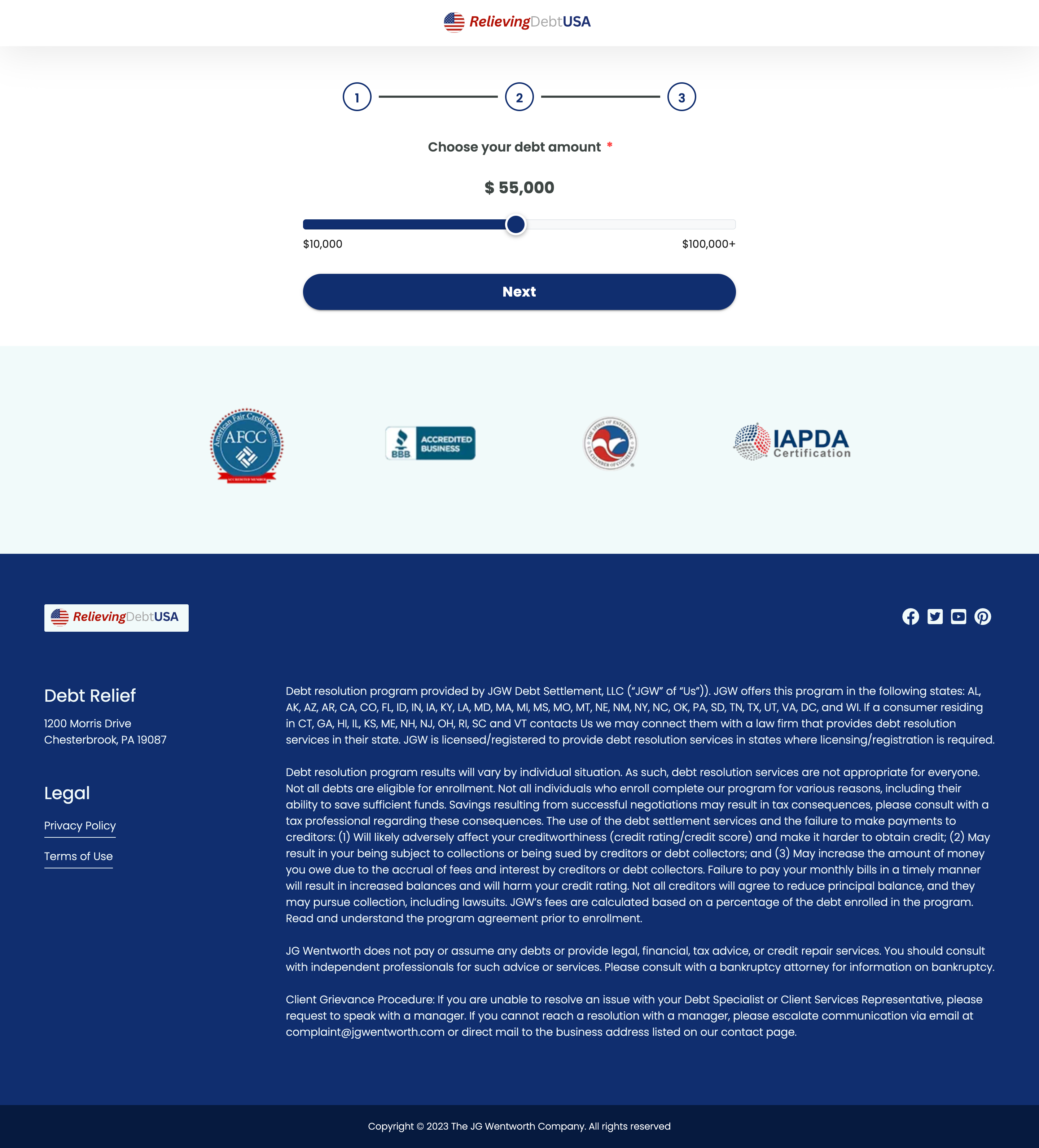Is Web Scraping Legal? A Deep Dive into Ethical Practices
Table of Contents
- What is Web Scraping?
- The Legal Landscape
- Case Studies and Precedents
- Ethical Considerations in Web Scraping
- Best Practices for Ethical Web Scraping
- Technical Aspects and Compliance
- Conclusion
What is Web Scraping?
Web scraping is a technique used to extract data and information from websites. It involves the use of automated bots to quickly gather large amounts of data from web pages and convert it into a structured format for analysis. Web scraping is a powerful tool for businesses, researchers, and developers because it allows for the collection of real-time data across the web, which can be used for various applications like market research, price comparison, and competitive analysis.
The Legal Landscape
The legality of web scraping is a gray area and depends greatly on the jurisdiction, the way data is collected, and how it is used. While scraping publicly accessible information on the internet may seem straightforward, there are legal considerations to keep in mind. Many websites have terms of service that explicitly prohibit scraping, and breaching these terms can potentially lead to legal action.
In the United States, the Computer Fraud and Abuse Act (CFAA) is often cited in disputes over web scraping. The CFAA makes it illegal to access a computer without authorization or in excess of authorization. This can sometimes translate to unauthorized data scraping. However, the interpretation of the CFAA is still subject to ongoing legal debate.
Case Studies and Precedents
There have been several high-profile cases concerning web scraping that highlight the legal complexities involved. One such case was hiQ Labs vs. LinkedIn, where the court initially ruled in favor of hiQ Labs, allowing them to scrape LinkedIn’s publicly accessible data. This ruling was significant because it suggested that access to publicly available data might not necessarily constitute a violation of the CFAA. Nevertheless, this ruling was later contested, showing the unsettled nature of web scraping law.
Another relevant case is the Facebook vs. Power Ventures, where Power Ventures was found to have violated the CFAA by using automated means to access user data from Facebook without authorization. This case underscores the importance of adhering to terms of service agreements and obtaining proper authorization before scraping data.
Ethical Considerations in Web Scraping
Beyond legality, ethical considerations in web scraping are equally crucial. Ethical web scraping involves respecting the intentions and intellectual property rights of the website owner, as well as considering the impact of your actions on the website’s performance and user experience.
Ethics in web scraping stress the importance of transparency and consent. It is advisable to contact the website owner to inform them of your intent and purpose of scraping. Ensuring that the data collected is not used for harmful purposes is also part of maintaining ethical standards.
Best Practices for Ethical Web Scraping
- Read and comply with the site’s Terms of Service: Before scraping a website, review its terms of service to ensure that scraping is permitted.
- Respect the robots.txt file: This file provides guidelines to bots regarding which parts of a site can or cannot be accessed.
- Throttling request rates: Implementing throttling or delays between requests helps prevent overloading the server.
- Use IP rotation or proxies: To avoid being blocked, use different IPs, but ensure that this practice is ethical and doesn’t violate site rules.
- Data usage consideration: Ensure that the collected data is used legally and ethically for the intended purpose.
Technical Aspects and Compliance
The technical approach to web scraping must also ensure compliance with certain standards. Web scrapers must respect content licensing, copyright, and privacy laws such as the GDPR in Europe, which governs how personal data is handled and shared. Moreover, if personal data is being collected, it is important to anonymize and secure the data to protect individuals’ privacy.
Conclusion
Web scraping can offer significant advantages when conducted properly, but it is essential to navigate the legal and ethical complexities involved. By adhering to best practices and ensuring compliance with laws and terms of service, individuals and businesses can utilize web scraping effectively and responsibly.
For those looking to download and analyze landing page data, a landing page ripper tool offers a practical solution. This Chrome extension allows users to capture and save full landing page content, including HTML, CSS, and images, making it a valuable resource for marketers and web developers.









